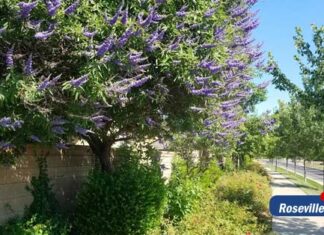Last column, I began writing about Nelson Lauver of northeastern Pennsylvania, who has a learning disability, dyslexia, which is a lifelong, neurological language-based disability affecting reading, spelling and writing.
While growing up in rural Pennsylvania, he faced almost nonstop humiliation and taunting from teachers and students unaware dyslexia even existed. They thought he was stupid or lazy. Some teachers beat and choked him, and others grabbed his collar or slammed him against lockers to force him to read, write, and spell better.
Of course, they couldn’t. He graduated last in his class of 104.
At age 29 one day in 1992, and while Lauver was painting lines on an asphalt parking lot, a stranger approached asking for directions. “(The stranger) asked me to write the directions down for him,” said 46-year-old Lauver in a telephone interview. “I tried drawing a map but couldn’t write out the directions. He took the tablet from me and said, ‘You can’t read and write, can you?’ For 29 years I had been so ashamed and tried hiding that fact. At best, I could read second grade level. But I told the man, ‘Your assumption is correct.'”
The man asked if Lauver had been tested for dyslexia. When Lauver said no, the man, a Penn State psychology professor, talked 90 minutes about dyslexia and made Lauver promise to stop at a vocational rehabilitation office for an evaluation. Lauver took the evaluation four times before being able to accept the severity of his condition. In time, he received psychological counseling and learned to read “fairly well as long as the lines are double spaced,” he said.
With confidence restored and naturally blessed with a golden voice, he landed a job in 1995 at AccuWeather broadcasting on 300 radio and television stations. Amazingly, he hadn’t had any prior broadcasting experience.
Soon, he began working as a voice-over artist and narrator, and eventually started the American Story Teller Radio Journal, a four-minute broadcast that would air on 70 radio stations. Today, he is a professional keynote speaker and has been writing his memoirs.
His advice to young people with dyslexia: “As you go down this road, it’s not an easy one. You’re going to get knocked down and have your face rubbed in the mud of failure. There is only one thing to do: you have to get back up and keep going.”
(21+ years strong)
Welcome to the brighter side!
Get in front of local customers! 24/7 (365)





















